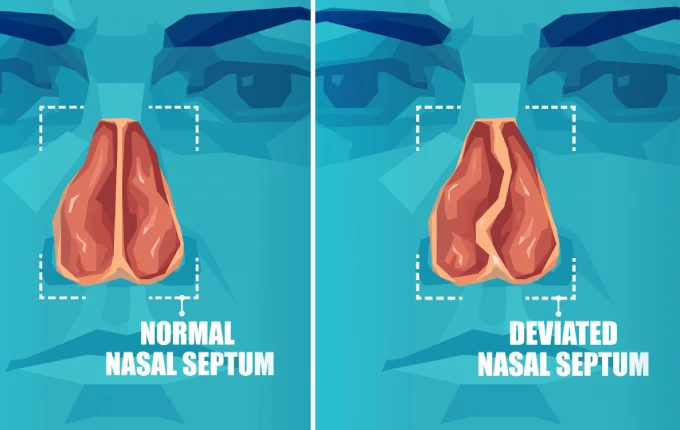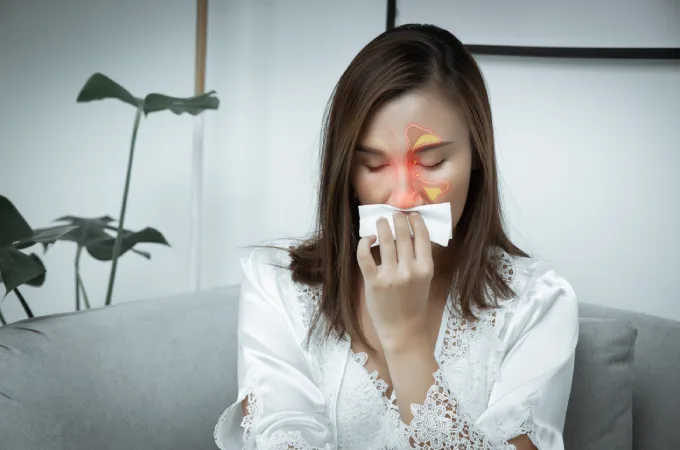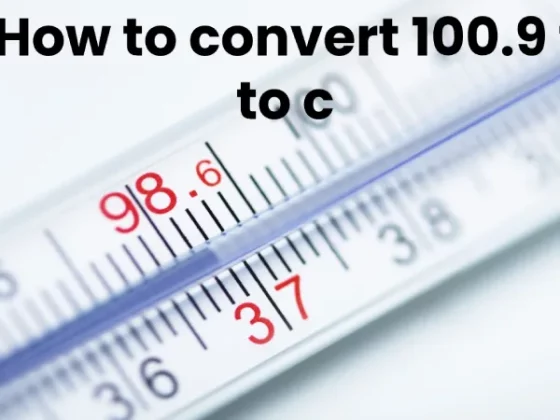Chronic Sinusitis Without Surgery – Sinusitis is a frequent illness in the nose that causes congestion and makes it difficult to breathe. Some symptoms include a runny nose, pain in the nose area, and congested nose, which may just go away after three to four weeks. However, it’ll be considered in its chronic stage if it stays for three months or more.
Chronic sinusitis occurs after recurring or inadequately managed sinus infections. It happens when the deviated septum obstructs nose passages that nasal fluids clog up, causing pressure and pain.
Various treatment options were available to treat chronic sinusitis. However, it may differ depending upon the patient’s age, medical history, and present health status. The medicine tolerance and the patient’s preferences are also factors to be considered in formulating treatment plans.
Table of Contents
Some Treatment For Chronic Sinusitis Without Operating Room Surgery
-
Balloon Sinuplasty or Septoplasty
Sinus surgeons in the field recommend balloon septoplasty for deviated septum to correct a patient’s crooked septum. The procedure involves the insertion of a balloon catheter into the nose area. The balloon is then inflated to help fix the septum’s position.
A deviated septum or crooked septum causes nose fluids to gather, creating blockages that cause infections in the nose or sinusitis. When the septum position is fixed by balloon sinuplasty, moisture or mucus flow in the nose will become normal again, healing chronic sinusitis.
But not all patients with a deviated septum can have balloon septoplasty. Some requirements are established for a sufferer’s safety. It’s commonly a procedure for adults, though child patients may be candidates for balloon sinuplasty if other sinusitis treatments are ineffective.
Balloon septoplasty is done in a doctor’s clinic under local anesthesia. It’s also up to the patient if they can tolerate going through the procedure while awake, though it’s generally painless.
It may be a non-operating room case, but it’s a procedure known to have a long-term relief without the hassles of operating room surgery.
-
Medical Prescriptions
Chronic sinusitis can be treated with doctor-prescribed medications based on the patient’s specific condition.
-
Antibiotics
Antibiotic medications are given to trash out organisms that cause infection in the nasal passages Antibiotics help remove the swelling and pain around the eyes, cheeks, nose, and forehead areas. Some of these medications include Amoxicillin-clavulanate, cefuroxime, levofloxacin, and other antibiotics known to kill sinus infection-causing bacteria.
-
Mucus-Thinning Prescriptions and Nasal Decongestants
Patients with chronic headaches are given guaifenesin and other mucolytics. These medications loosen and dissolve mucus build-up in the nose and help relieve chronic sinusitis symptoms like headaches and other discomforts.
-
Anti-allergies
Antihistamines are also given to patients whose recurring sinus problem is caused by allergies. These prescriptions help patients manage specific allergic reactions that cause their sinus problems.
-
Steroids
Steroid medications are prescribed to treat a patient’s nasal irritation that causes inflammation and tenderness in the face, especially in the nose area, associated with chronic sinusitis.
-
Pain Relievers
Some sufferers are given analgesics for chronic pain management due to sinus ailments. These pain killers are primarily ordered for patients with low pain tolerance. These are temporary relief medications for patients to resume their daily activities, especially for those who can’t leave work.
In some cases, contemporary doctors recommend CBD oil to relieve their patients’ painful nasal inflammation as an alternative to short-term relief medications.
-
Physical Therapy Method

Physical therapy can help people who have been suffering from chronic sinusitis for a long time. The ailment is caused by blocks in the nasal mucus passages. To free up these sinus cavities, therapists apply the stroking and tapping approach, also known as myofascial release, to the sinuses.
This treatment aids in the removal of fluids or mucus in the nose, which can cause pressure and headaches. The release of mucus blockages will also release the patient from chronic pain associated with chronic sinusitis without surgery.
-
Home-Care Treatment
You can adopt some lifestyle changes and other home-care remedies to relieve your nasal disorder. You can start with some hygiene practices like taking a bath every day.
Daily bathing and long showers will keep your body temperature lower and help avoid your nose from drying up. Keeping your nasal passages moist by using humidifiers or vaporizers will help avoid irritations, infections, and clogging up your nose.
Also, drinking lots of water and fruit juices will thin out nasal mucus and prevent them from building up and blocking your airways. You can use saline solution sprays, nasal irrigators, and bulb syringes for heavy clogging to relieve breathing.
A warm compress with a warm wet towel will also help open your clogged nasal passages. Avoid exposure to irritating smells and substances that cause you allergies because they also contribute to your sinus irritation.
In Conclusion
There are many non-surgical approaches to treat chronic sinusitis today. There are a lot of options to consider. Medications are known to give temporary but immediate relief. While physical therapy will need tolerance and time to really enjoy its results.
However, lifestyle changes and adopting healthier habits will help avoid illnesses and manage those recurring health problems such as sinusitis. The clinical procedure and home-care remedies can help you manage sinus problems and also help you avoid their recurrence.


